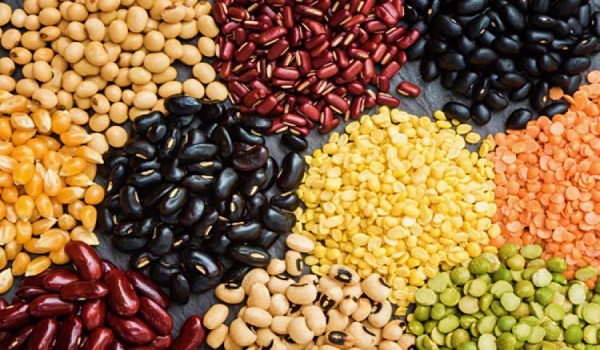India’s pulses imports doubled in 2024 compared to the previous year, reaching a record high of 6.63 million tonnes, largely driven by the government’s efforts to curb retail inflation. The industry is now urging the reintroduction of import duties in 2025 to prevent market saturation and ensure price stability.
Climate-related disruptions to domestic production contributed to the surge, but analysts argue that imports exceeded actual demand, particularly with the large influx of yellow peas. The government aimed to stabilize inflation by making yellow peas duty-free in 2023, leading to imports of 2.9 million tonnes, accounting for 45% of total pulse imports. India had not imported yellow peas the previous year.
Trade data reveals that 2024’s pulse imports significantly surpassed the 3.31 million tonnes recorded in 2023, surpassing the previous peak of 6.27 million tonnes in 2017. The removal of import duties on chana in May 2024 led to a more than fourfold increase in its imports, reaching 574,000 tonnes from 131,000 tonnes in 2023.
Imports of urad and tur rose by 28%, while masur imports surged by 53% following the phased removal of duties between 2021 and 2022. The total import volume equates to approximately four months’ worth of India’s pulse consumption.
Industry representatives have raised concerns about excessive imports, particularly of yellow peas, which have become cheaper than wheat due to surplus supply. Calls for regulatory intervention highlight the risk of market distortion and the need to prevent low-cost imports from disrupting domestic agriculture.
Government officials justify the high import levels as a measure to control price volatility. Unlike tur, urad, and chana, yellow peas are widely available in global markets, sourced primarily from Canada, the US, Ukraine, and Russia. While more popular in eastern India, the domestic food industry has increasingly used yellow peas as a substitute for chana in besan production and blended with tur dal.
Given the heavy reliance on international suppliers for specific pulses, the industry’s demand for protective measures reflects concerns over long-term market stability and the sustainability of domestic pulse farming.


